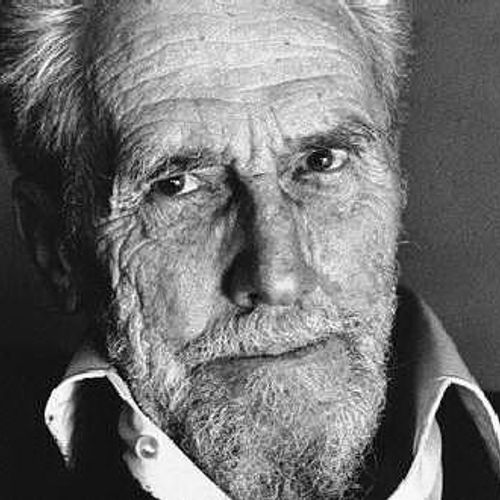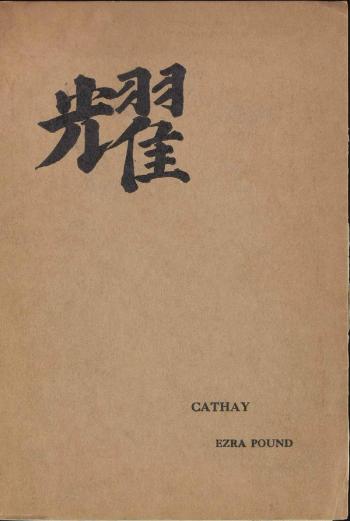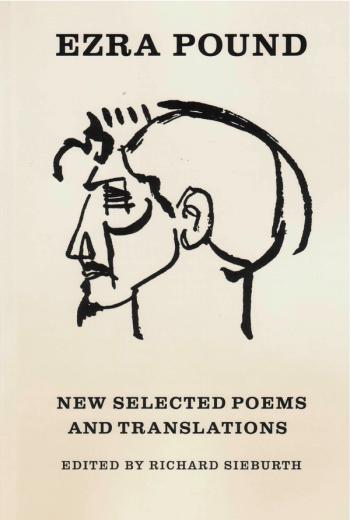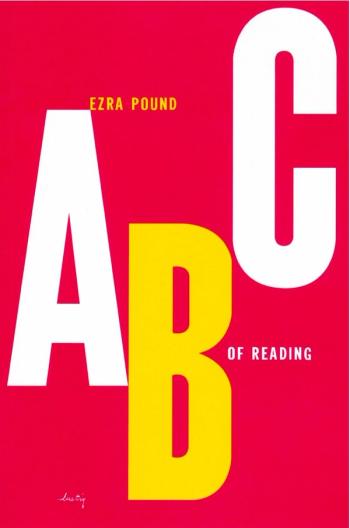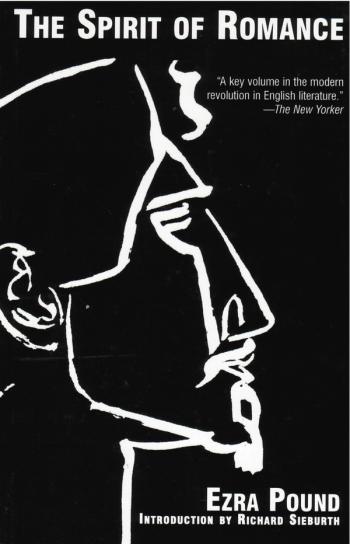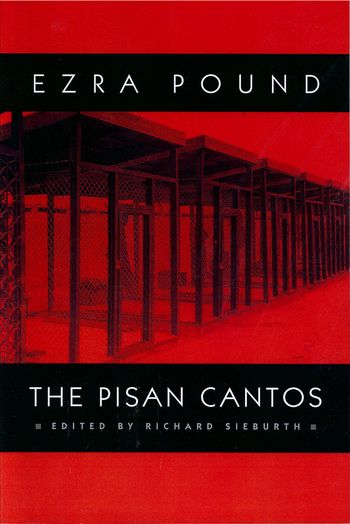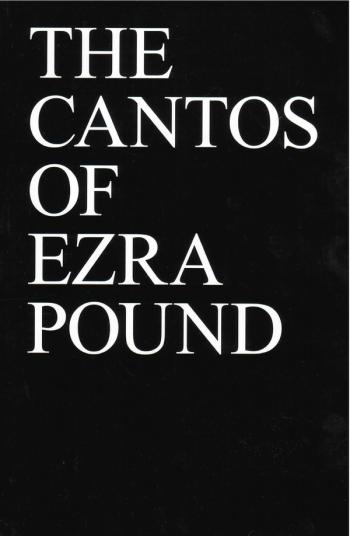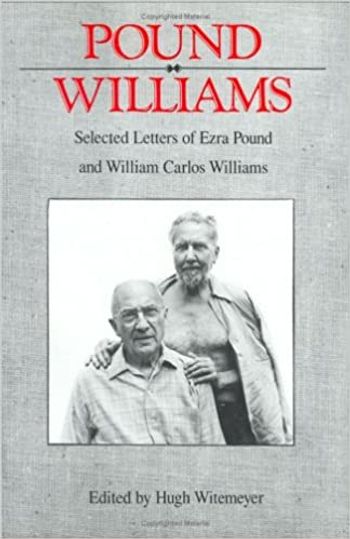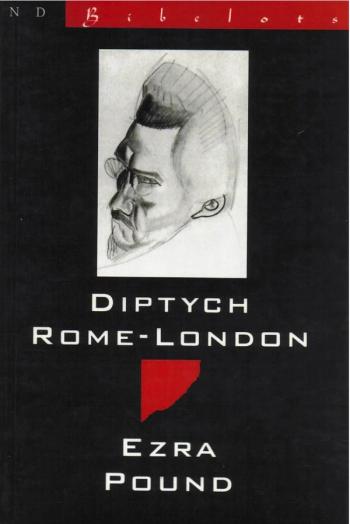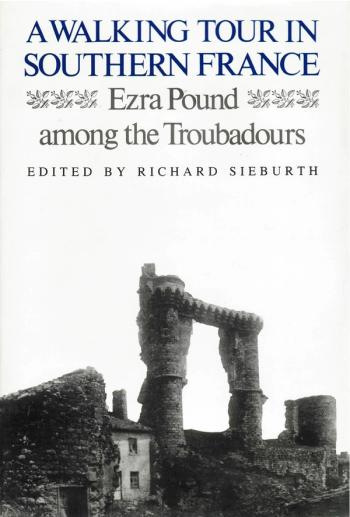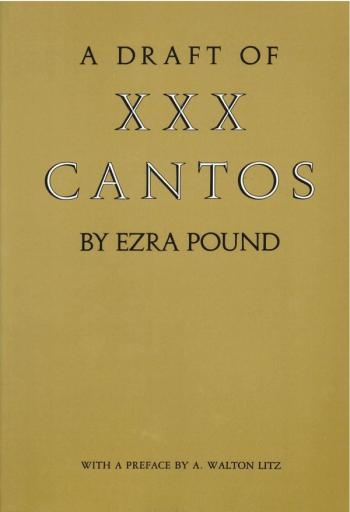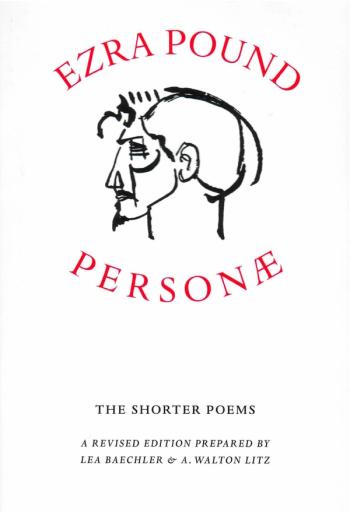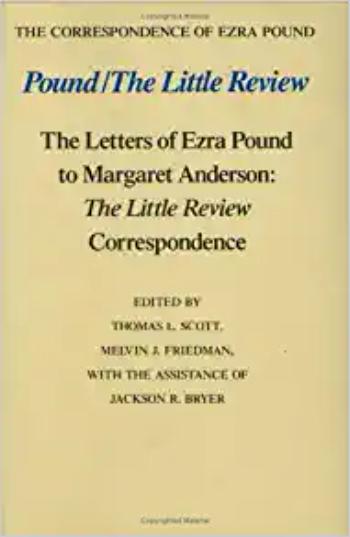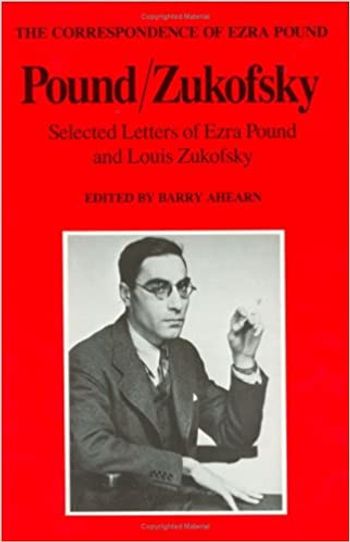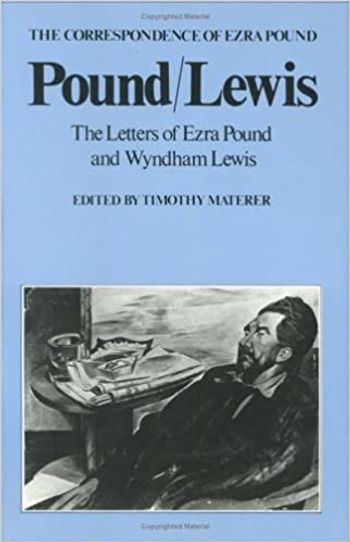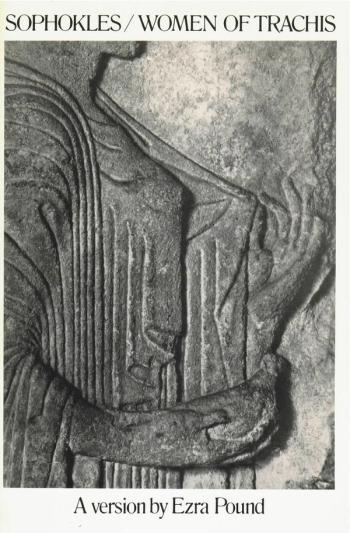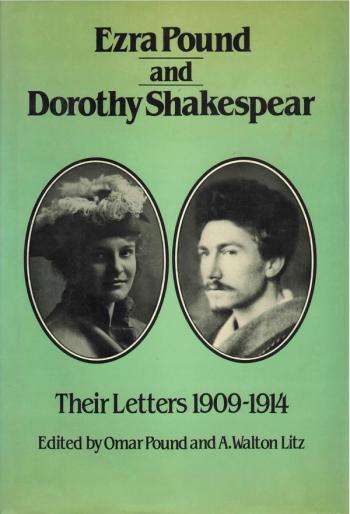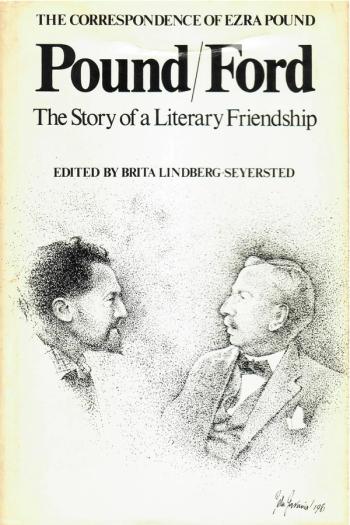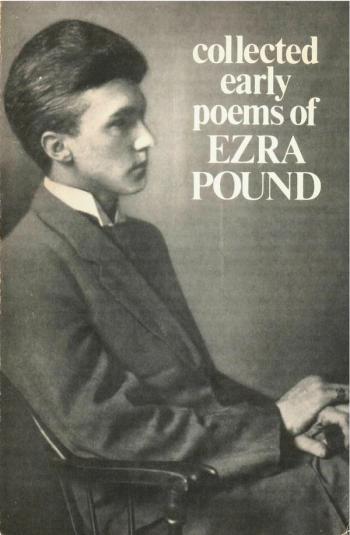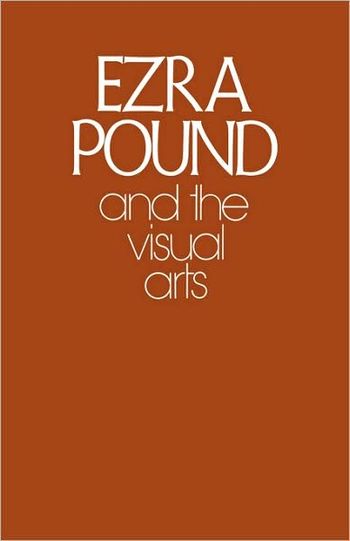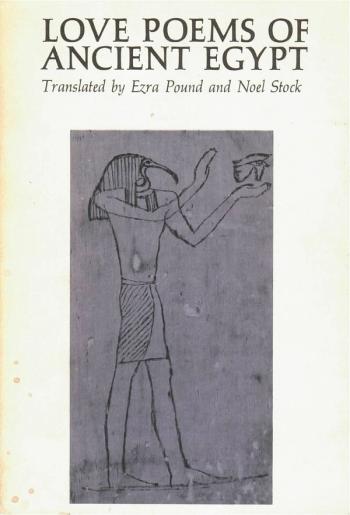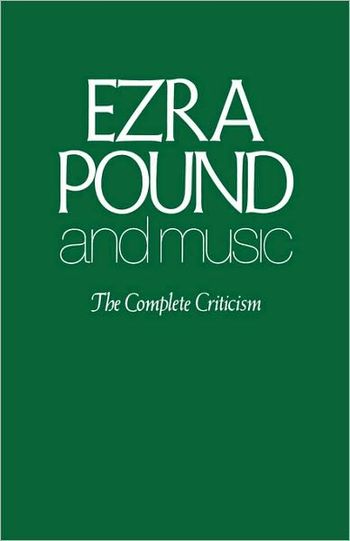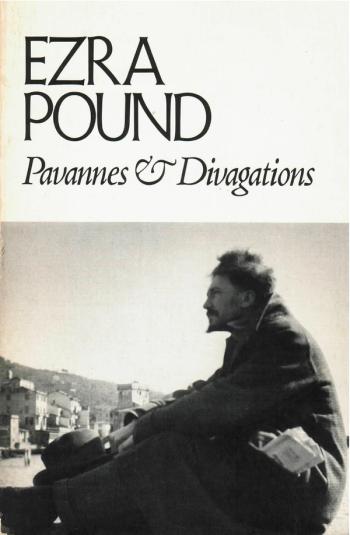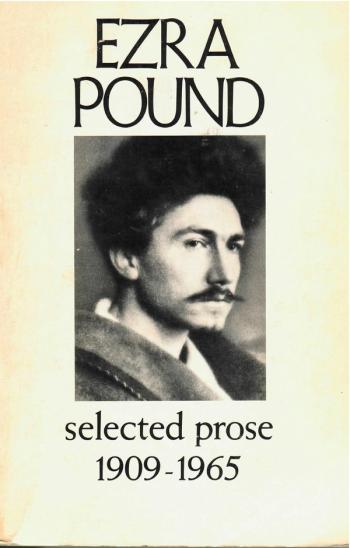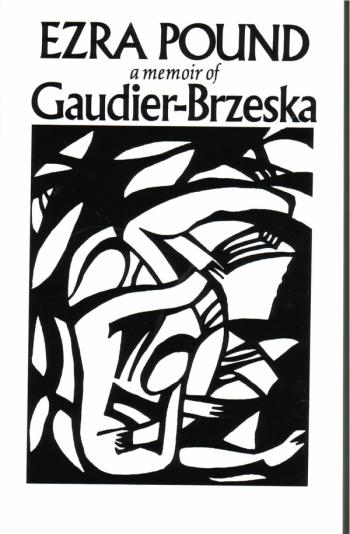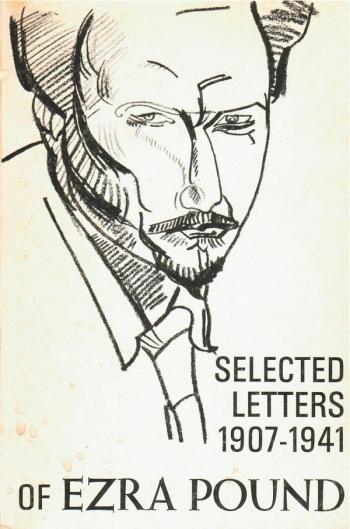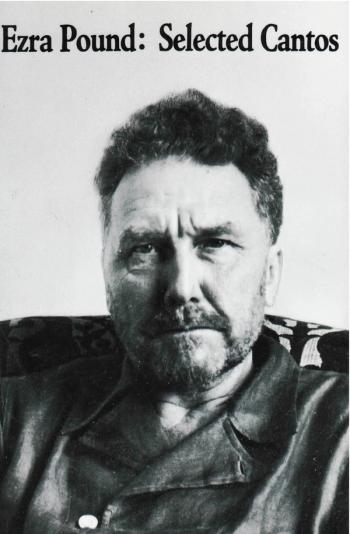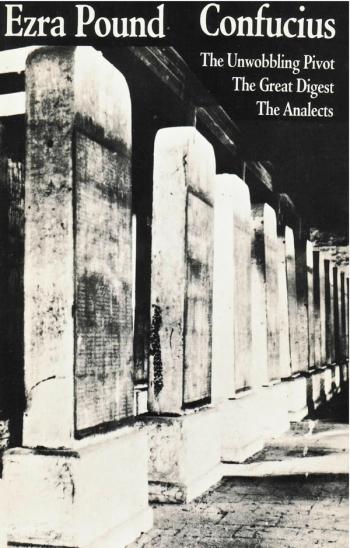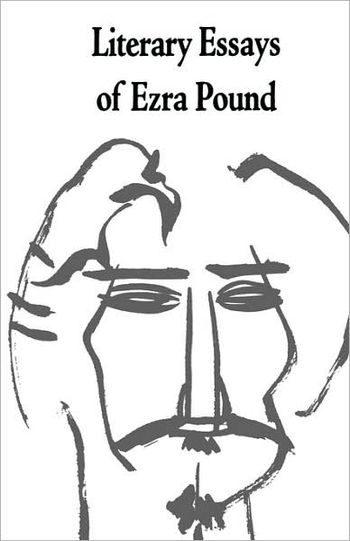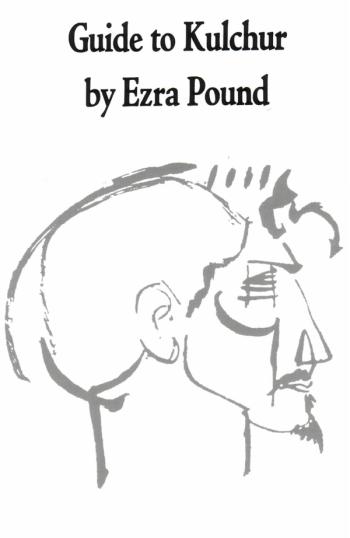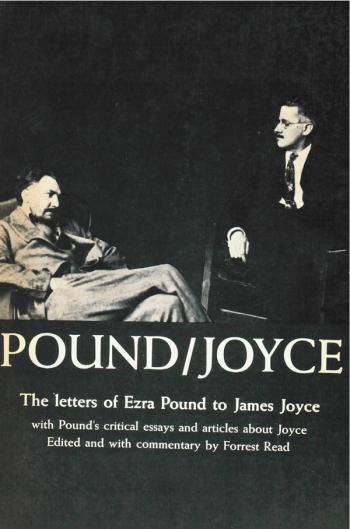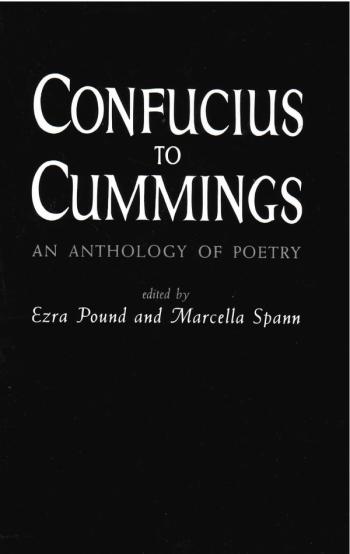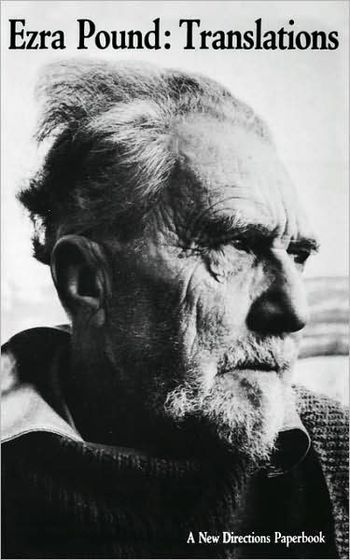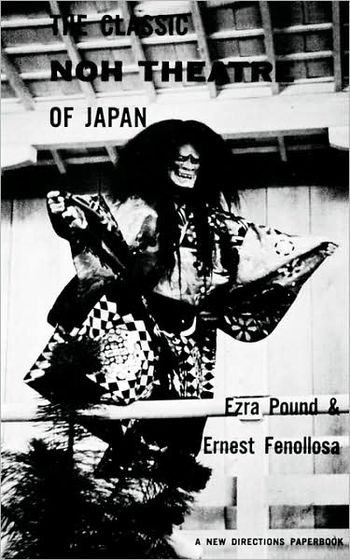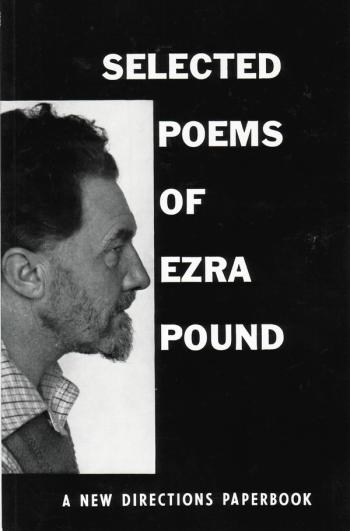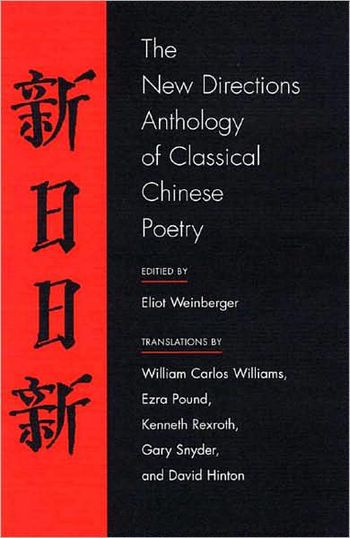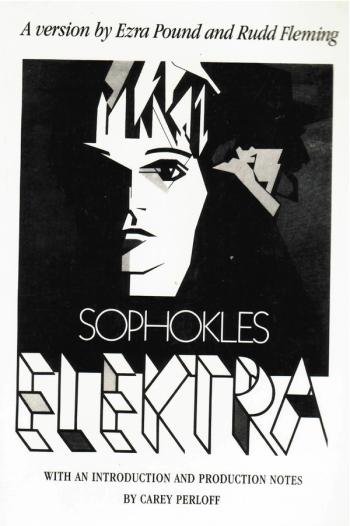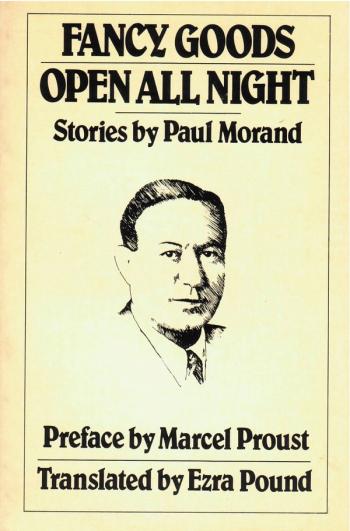As author
Cathay
New Selected Poems & Translations
ABC of Reading
The Spirit Of Romance
The Pisan Cantos
The Cantos Of Ezra Pound
Pound/ Williams: Selected Correspondence of Ezra Pound and William Carlos Williams (The Correspondence of Ezra Pound)
Diptych Rome-London
A Walking Tour In Southern France
A Draft Of XXX Cantos
Personae
Pound/The Little Review
Pound/Zukofsky
Pound/Lewis
Women Of Trachis
Ezra Pound and Dorothy Shakespear
Pound/Ford
Collected Early Poems of Ezra Pound
Ezra Pound And The Visual Arts
Love Poems Of Ancient Egypt
Ezra Pound And Music
Pavannes & Divagations
Selected Prose 1909-1965
Gaudier-Brzeska
Selected Letters Of Ezra Pound
Selected Cantos
Confucius
Literary Essays Of Ezra Pound
Guide To Kulchur
Pound/Joyce: Letters & Essays
Confucius To Cummings
Ezra Pound: Translations
The Classic Noh Theatre Of Japan
Selected Poems of Ezra Pound
As translator
The New Directions Anthology Of Classical Chinese Poetry
Sophokles Elektra
Fancy Goods/Open All Night
As contributor
Ezra Pound
A biography of Ezra Pound (1885–1972), in his own words, as published in the 1949 edition of Selected Poems of Ezra Pound, the same year he was awarded the Bollingen Prize by the Library of Congress:
E.P.
Born, Hailey, Idaho, 30 Oct. 1885. Educ. U. of Penn. and Hamilton. PhB. ‘05. M.A. ‘06.
Published. 1908. Venice; A Lume Spento.
1909, Mathews, London. Personae, Exultations. Thereafter some 40 volumes, in London till 1920. N. York 1920–‘30. 1930 onwards, with Faber, London, and in U.S.
1918 began investigation of causes of war, to oppose same. Lectured in the Università Bocconi, Milan, 1931, on Jefferson and Van Buren.
From 1932 continual polemic in two languages, moving from Social Credit to Gesellism.
Obtaining imprint in Italy of Social Credit and Gesellite doctrines, comparing them with Catholic canonist theory and local practice.
1939 first visit to U.S. since 1910 in endeavour to stave off war. D.Litt, honorary, from Hamilton.
1940 after continued opposition obtained permission to use Rome radio for personal propaganda in support of U.S. Constitution, continuing after America’s official entry into the war only on condition that he should never be asked to say anything contrary to his conscience or contrary to his duties as an American Citizen. Which promise was faithfully observed by the Italian Government.
A crucial architect of literary Modernism, American poet Ezra Pound (1885–1972) looms over 20th-century cultural history.
In the early teens of the 20th century, he was the heart of a seminal network, exchanging ideas between American and British authors. In 1912 he was hired as a regular contributor to Harriet Moore’s Poetry and wrote as well for Wyndham Lewis’s BLAST. From 1917 he was the London editor of The Little Review. Pound coined Imagism, a school of poetry in part derived from the clarity and economy of classical Japanese and Chinese poetry and he generously promoted writers such as Marianne Moore, H.D., Yeats, Joyce, Hemingway, Wlliam Carlos Williams, and T.S. Eliot. By the 1920s, he was actively promulgating the notion of one world of literature, encouraging translation from around the globe and across millenia. He himself translated extensively and is a noted and notably pithy essayist (see ABC of Reading, Guide to Kulchur, The Classic Noh Theater of Japan, et al). His own work culminated in the monumental Cantos, an encyclopedic mastepiece of great poetic beauty.
Born in Hailey, Idaho, Pound attended the University of Pennlsyvania, where he met his lifelong friends William Carlos Williams and Hilda Doolitle (or H.D., as he suggested she sign her poems). In 1908 he set off for Europe, and published at his own expense, A lume spento, his first book. He followed with Exultations (1909), Personae (1909), Provenca (1910), Canzoni (1911), Lustra and Other Poems (1917), Hugh Selwyn Mauberley (1920), Umbra: Collected Poems (1920), Cantos I–XVI (1925), A Draft of XXX Cantos (1930), Homage to Sextus Propertius (1934), The Fifth Decade of Cantos (1937), Cantos LII-LXXI (1940), The Pisan Cantos (1948), Patria Mia (1950), and The Cantos (1972).
In 1914 Pound married Dorothy Shakespear and in 1921 moved to Italy. There he became engaged in Fascist politics, and for his radio propaganda against the United States during the war, he was arrested for treason in 1945. In 1946 he was declared mentally ill and committed to St Elizabeths Hospital in Washington, D.C., where he was held for a dozen years. Despite his political crimes, he was awarded The Bollingen Prize for his 1948 Pisan Cantos. After a lengthy campaign by fellow writers and his publisher James Laughlin of New Directions, he was released in 1958, returned to Italy, settled in Venice and into near complete silence, and died in 1972.
